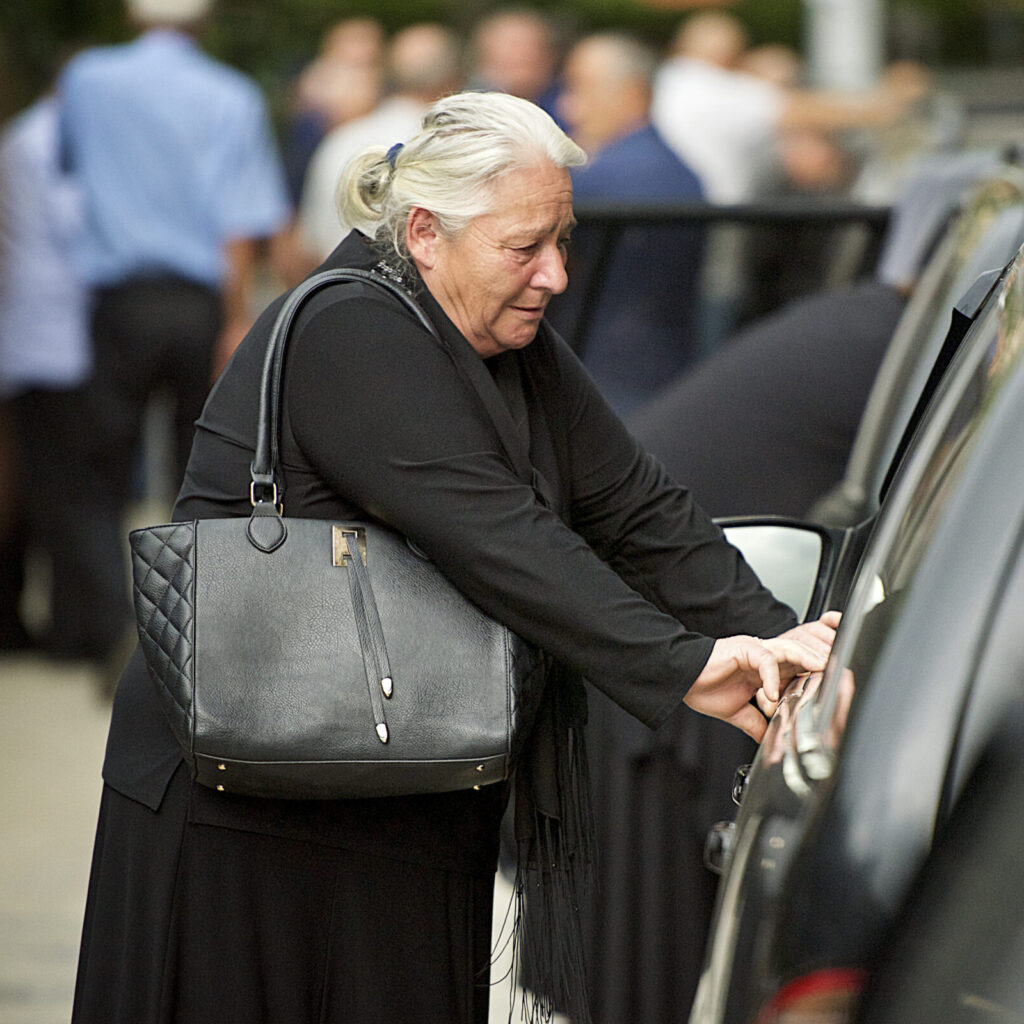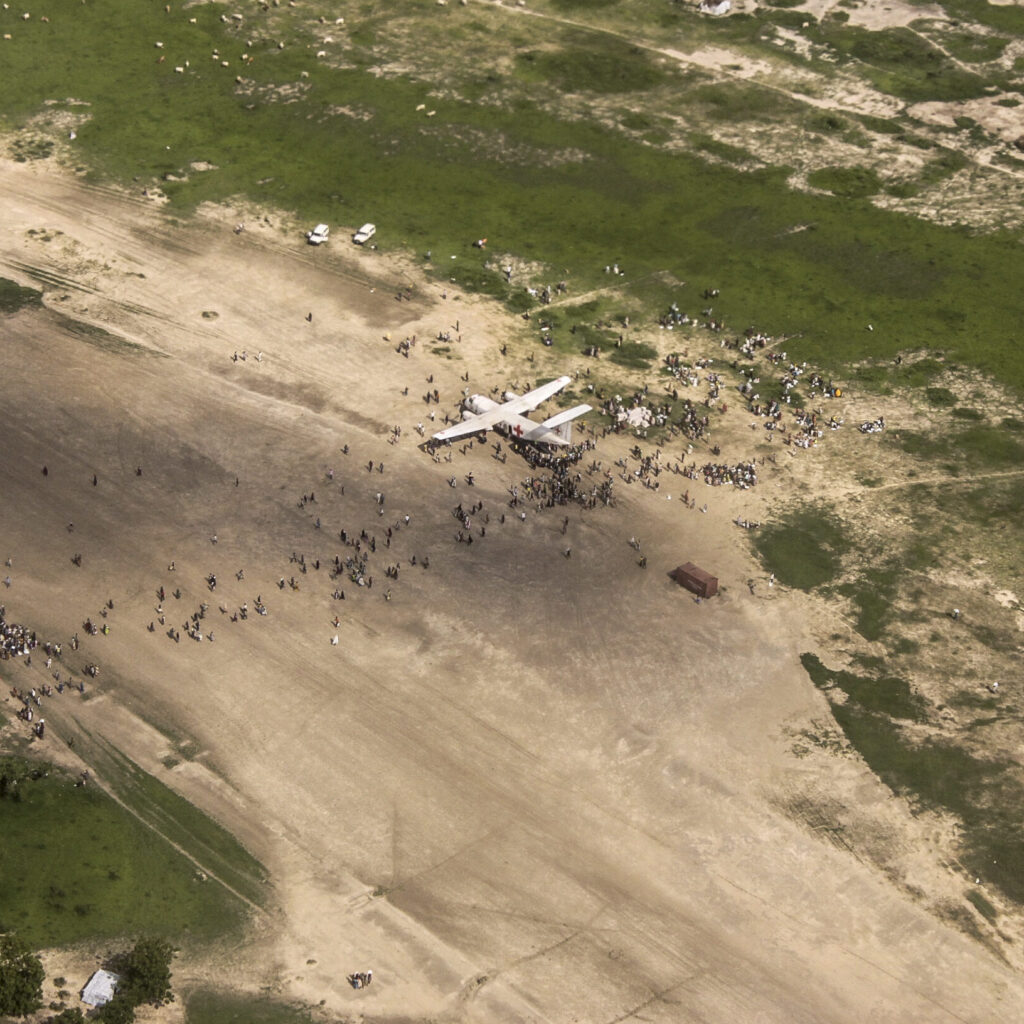January 2022 – December 2023
To serve the 80 million forcibly-displaced people around the globe, direct cash assistance is gaining acceptance. The trouble is that the identity requirements normally attached to digital payments conflict with ICRC’s mandate to serve all people in need neutrally and inclusively. ICRC’s beneficiaries often do not have, or do not want, the ATM cards or mobile wallets normally used to spend or withdraw cash digitally, because issuers would subject them to privacy-invasive identity verification and potential screening against sanctions and counterterrorism watchlists. On top of that, existing solutions increase the risk of data leaks or surveillance induced by the many third parties having access to the data generated in the transactions. The project focuses in the design of a humanitarian token intended to address the above problems. The research effort will in particular design and prototype a digital wallet intended to inspire a potential future extension of ICRC’s RedSafe platform to support digital payments. The wallet will require minimum identity information for account creation, and will avoid the collection of unencrypted data. For accountability, the system will offer aid workers several privacy-preserving “personhood verification” methods, enabling agencies to reach a threshold of confidence in a beneficiary’s legitimacy.
EPFL PI: Prof. Bryan Ford, Decentralized and Distributed Systems Lab
Partner: Alexandre Gachoud, Vincent Graf Narbel (ICRC)
Photo: ICRC

